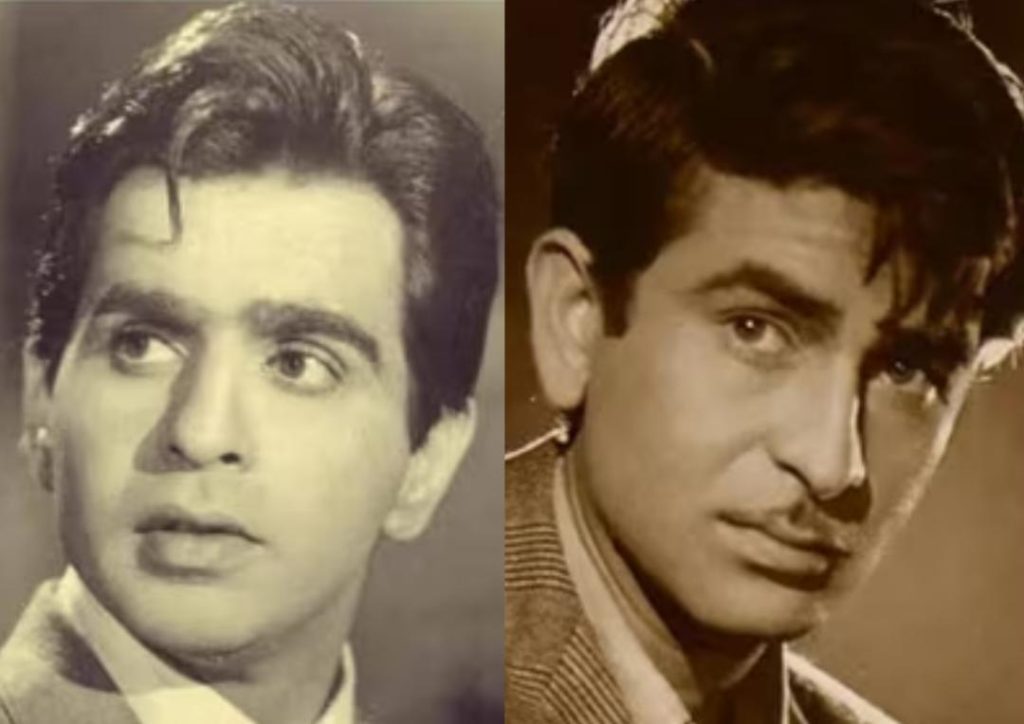
Dilip Kumar & Raj Kapoor’s Homes in Pak to be Turned into Museums
The ancestral homes of two of India’s most iconic actors, Dilip Kumar and Raj Kapoor, in Peshawar, Pakistan, are set to undergo a transformation. The two buildings, which have been a source of pride for the legendary actors’ families, will be renovated and turned into museums. This ambitious project, announced by the Director of Archaeology Dr Abdul Samad, aims to preserve the rich cultural heritage of the region and attract tourists.
The construction of the two museums is expected to take two years to complete, with an estimated cost of ₹7 crore. The Khyber Pakhtunkhwa government is determined to turn these cultural landmarks into focal points for tourists, offering a unique glimpse into the lives and careers of two of India’s most beloved actors.
Dilip Kumar’s ancestral home, located in Peshawar’s historic Qissa Khwani Bazaar, is a 200-year-old building that has been in the family for generations. The legendary actor, born Muhammad Yusuf Khan, was known for his iconic roles in films such as “Andaz” (1949), “Aan” (1952), and “Mughal-e-Azam” (1960). His home has been a symbol of the rich cultural heritage of the region, and its transformation into a museum will allow visitors to experience the opulence and grandeur of a bygone era.
Raj Kapoor’s ancestral home, located in the same area, is a 150-year-old building that has been in the family for generations. The legendary actor, born Ranbir Raj Kapoor, was known for his iconic roles in films such as “Awara” (1951), “Shree 420” (1955), and “Mera Naam Joker” (1970). His home has been a source of inspiration for many Bollywood films and has been a popular tourist destination.
The decision to turn these two ancestral homes into museums is a significant one, not only for the families of the legendary actors but also for the people of Pakistan and India. The two countries have a complex history, marked by periods of tension and conflict. However, cultural institutions such as museums can play a vital role in promoting cross-cultural understanding and tolerance.
The renovation of the two buildings will involve a careful restoration of the original architecture and decor, preserving the historic integrity of the structures. The museums will feature exhibits and artifacts that showcase the lives and careers of Dilip Kumar and Raj Kapoor, as well as the cultural and historical context of the region.
The project is expected to create jobs and stimulate economic growth in the region, while also promoting cultural tourism. The Khyber Pakhtunkhwa government has announced plans to develop a comprehensive tourism infrastructure around the two museums, including hotels, restaurants, and souvenir shops.
The transformation of Dilip Kumar and Raj Kapoor’s ancestral homes into museums is a testament to the enduring legacy of these two legendary actors. Their contributions to Indian cinema are still celebrated today, and their homes will now serve as a reminder of their impact on the country’s cultural heritage.
In conclusion, the renovation of Dilip Kumar and Raj Kapoor’s ancestral homes in Peshawar, Pakistan, into museums is a significant cultural project that will promote cross-cultural understanding and tolerance between India and Pakistan. The two museums will offer a unique glimpse into the lives and careers of two of India’s most beloved actors, while also preserving the rich cultural heritage of the region.






